Did Occupy Change Activism?
The Occupy Movement, born out of frustration with economic inequality and corporate influence on politics, made its mark on the world in the autumn of 2011. What started as a small group of protesters camping out in New York City’s Zuccotti Park quickly grew into a global phenomenon. Over the course of a few months, Occupy protests spread to hundreds of cities around the world, sparking a conversation about wealth disparity, corporate greed, and the role of the 1% in shaping our societies. It’s been over a decade since we made ‘Them’ as part of the film ‘Loved by Ghosts‘ so it’s essential to reflect on the Occupy Movement’s origins, achievements, and its lasting impact on social and political discourse.
Table of Contents
The Birth of Occupy
In September 2011, a diverse group of activists, inspired by the Arab Spring and the Spanish Indignados, decided to occupy Zuccotti Park in New York City’s Financial District. They were united by a common goal: to draw attention to the glaring economic disparities in the United States. The 2008 financial crisis had left millions of Americans jobless and homeless while the financial elite seemed untouched by the repercussions of their actions.

Key Principles and Demands
The Occupy Movement was characterized by its leaderless, decentralised structure. They employed a consensus-based decision-making process, ensuring that every participant had an equal say in the movement’s direction. The movement’s demands were broad and included:
Economic equality: Occupy protesters wanted to address the growing wealth gap, advocating for higher taxes on the rich and increased social services for the poor.
Accountability: They called for a reckoning for those responsible for the 2008 financial crisis, many of whom had escaped prosecution.
Political reform: Occupy aimed to reduce the influence of corporations and wealthy individuals on politics through campaign finance reform and lobbying restrictions.
Social justice: The movement advocated for affordable healthcare, education, and housing for all citizens.
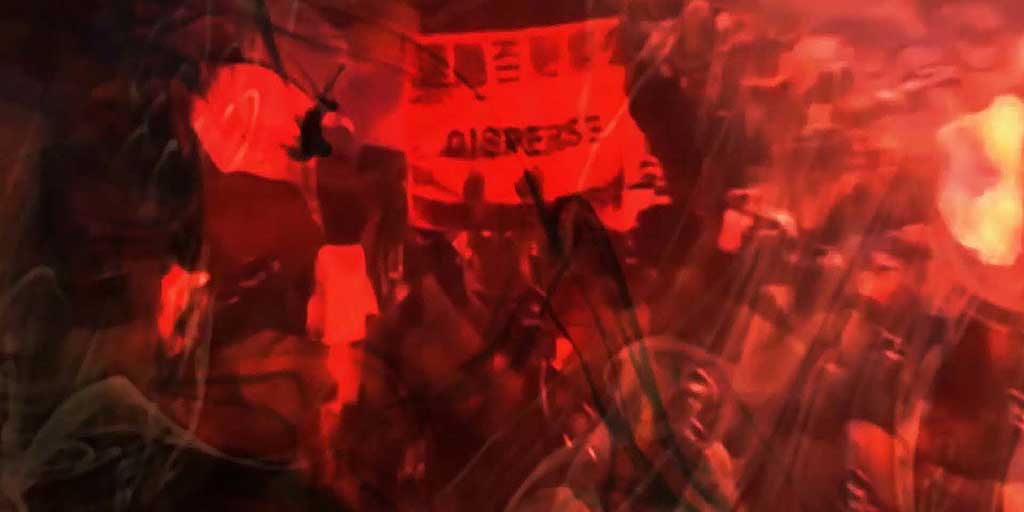
The Global Spread
The power of the Occupy Movement lay in its ability to resonate with people across the globe. Protests quickly sprang up in major cities in the United States and around the world. The movement transcended national boundaries and cultural differences, highlighting the universality of the issues it raised. From London to Sydney, people gathered in solidarity to voice their concerns about the corrosive influence of corporate power.
Media Coverage and Public Opinion
One of the striking aspects of Occupy was its ability to dominate media headlines and shape public discourse. The protesters’ determination to occupy public spaces, coupled with their message of economic justice, made it impossible for the media to ignore them. However, public opinion on the movement was divided. While some saw Occupy as a powerful expression of grassroots democracy, others criticized it for lacking clear goals and practical solutions.
Critics argued that the movement’s decentralised structure made it difficult to enact change and that the absence of specific policy proposals hindered its effectiveness. Nevertheless, the fact that Occupy succeeded in raising these issues to the national and international stage cannot be denied.

Police Response and Legal Challenges
As Occupy encampments grew, so did tensions with local authorities. Police in various cities employed a range of tactics to disperse protesters, leading to numerous arrests and clashes. Critics accused law enforcement of using excessive force, while others defended the police response as necessary to maintain public order.
Legal challenges also arose as cities and property owners sought to remove the encampments. Courts issued conflicting rulings on the rights of protesters to occupy public spaces, resulting in a patchwork of legal outcomes across the country. These legal battles further fuelled the movement’s determination to resist eviction and protect their right to protest.

The Eviction of Zuccotti Park
In November 2011, after two months of occupation, authorities in New York City forcibly cleared Zuccotti Park. The eviction was a significant setback for Occupy Wall Street, but it did not spell the end of the movement. Occupy continued to organize protests and actions, albeit with less centralized coordination.
Legacy and Impact of the Occupy Movement
More than a decade after the Occupy Movement began, it is important to assess its legacy and impact on society. While Occupy did not achieve its specific policy goals, it undeniably had a lasting influence on political discourse and activism in several ways.
Increased Awareness: Occupy successfully drew attention to issues of economic inequality and corporate influence on politics. These issues have remained central to political debates and discussions in the years since the movement’s inception.
Grassroots Activism: The Occupy Movement inspired a new generation of activists to engage in grassroots organizing and advocacy. Many participants in Occupy have continued their activism in various forms, working on issues ranging from climate change to racial justice.
Political Movements: Occupy paved the way for subsequent movements, such as the Black Lives Matter movement and the Fight for $15 minimum wage campaign. These movements built on the tactics and energy of Occupy to address specific issues.
Political Candidates: The Occupy Movement’s focus on economic justice and corporate influence in politics helped set the stage for the rise of political candidates like Bernie Sanders, who championed similar themes in his 2016 and 2020 presidential campaigns.
Policy Reforms: While Occupy did not achieve its specific policy demands, it contributed to a broader conversation about income inequality, leading to discussions about tax policy, healthcare, and education reform.

The Occupy Movement, born out of frustration and a desire for economic justice, made an indelible mark on the world a decade ago. While it did not achieve all of its goals, it succeeded in raising critical issues to the forefront of public discourse and inspiring a new wave of grassroots activism. Its legacy can be seen in the ongoing conversations about wealth inequality, corporate power, and the role of money in politics.
As we reflect on the Occupy Movement’s impact, we must recognize that it played a pivotal role in shaping the political landscape of the past decade, reminding us of the enduring power of grassroots movements to effect change in society.
*Youtube Video Taken From the Promises Project Film ‘Loved by Ghosts‘
**Images Taken From the Promises Project Film ‘Loved by Ghosts’ more Here
Browse 3800+ Books in Our PromisesBooks Bookshop
Discover more from PEN vs SWORD
Subscribe to get the latest posts sent to your email.




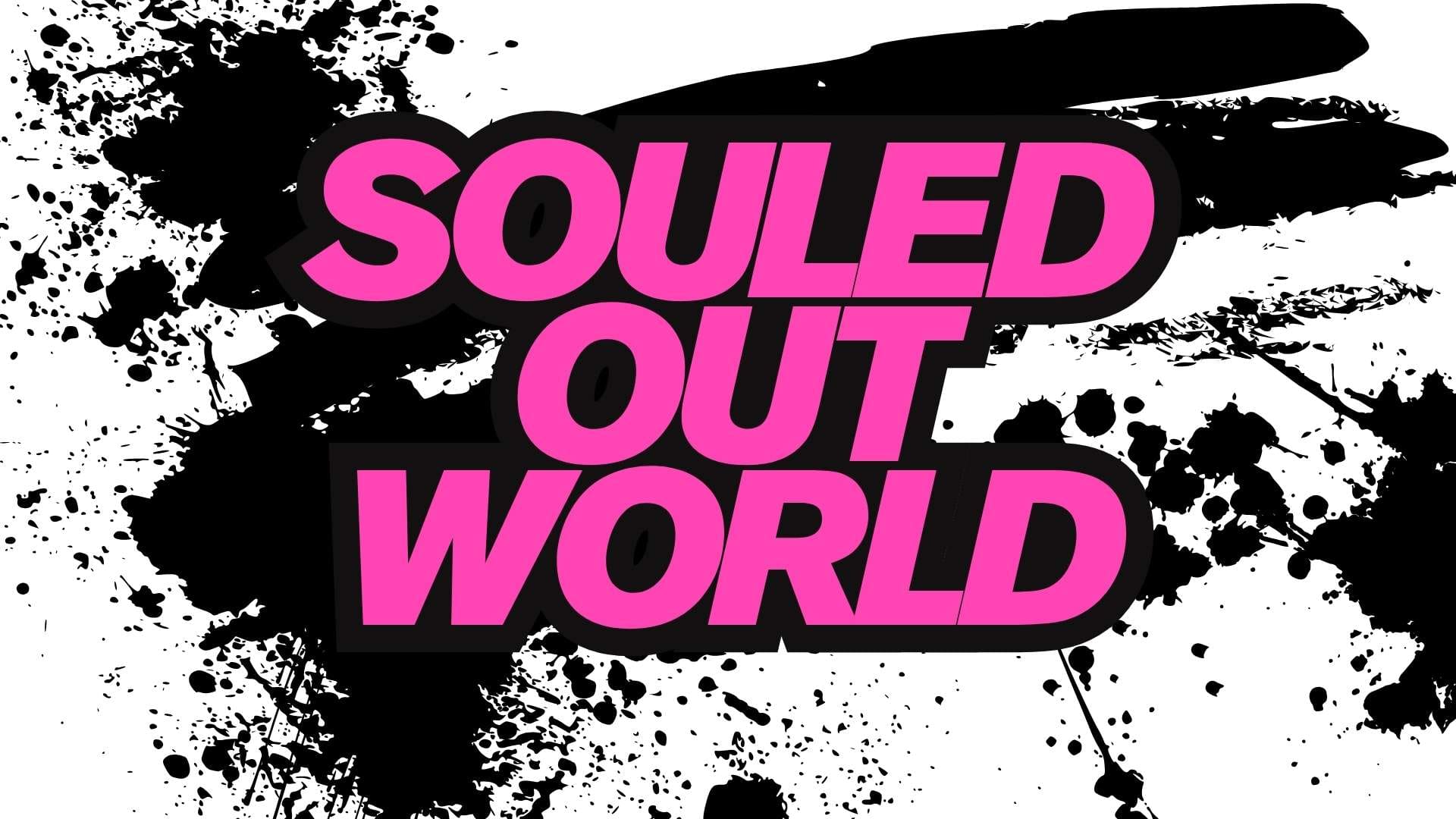






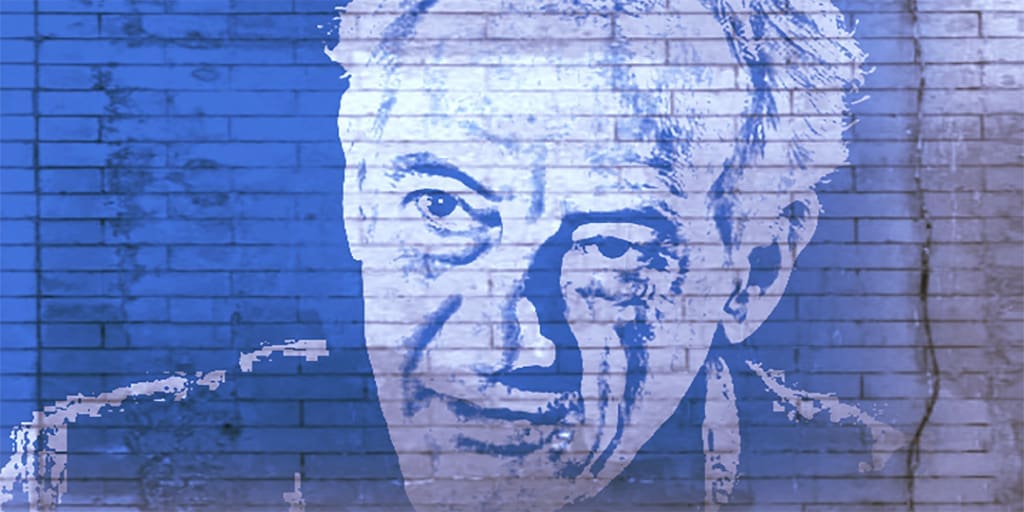


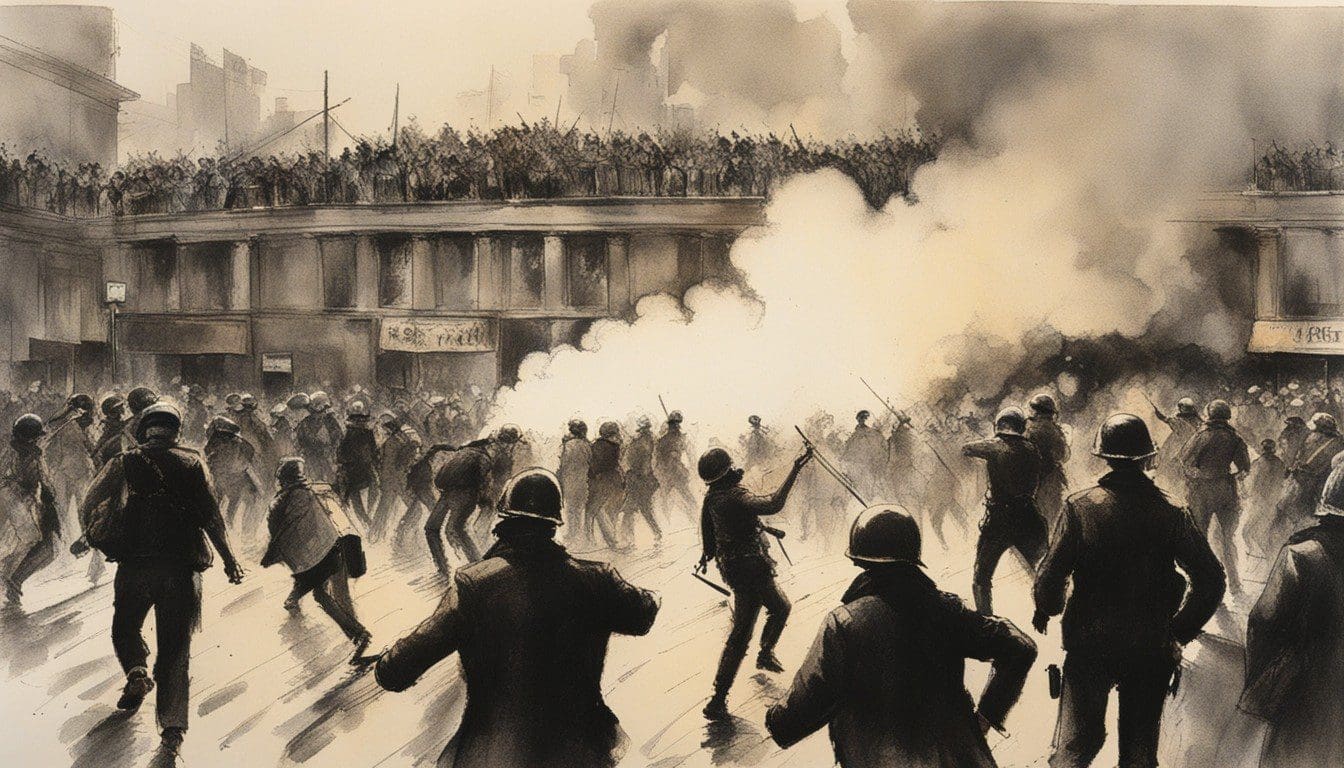
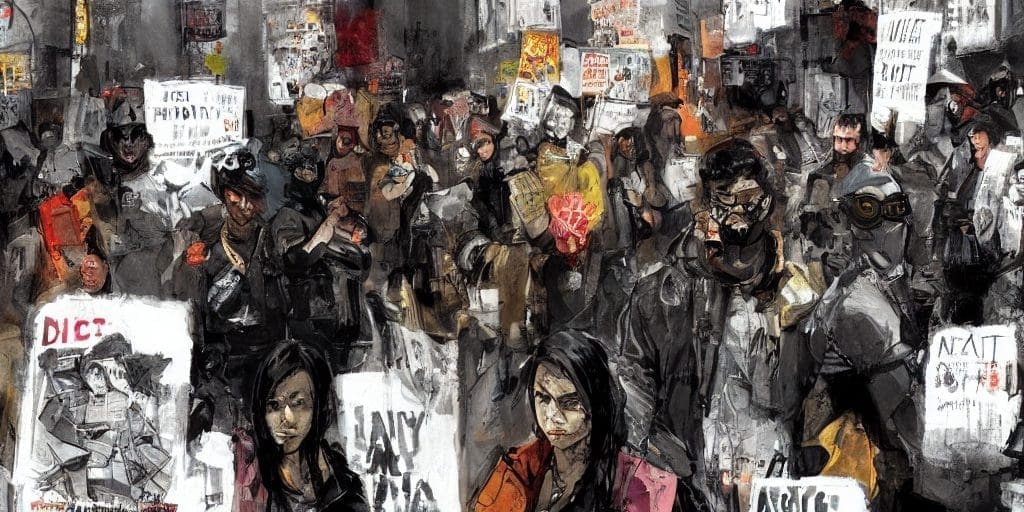

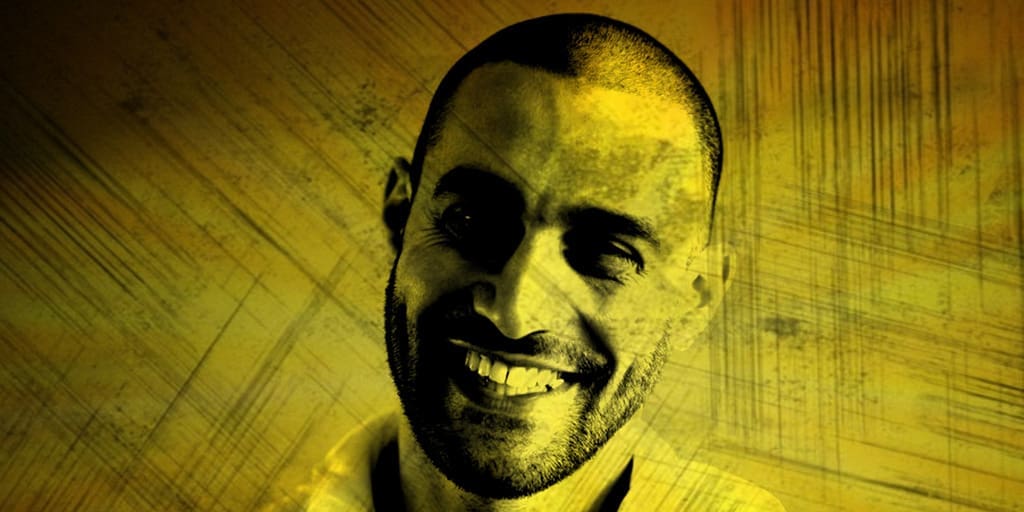































What do you think?